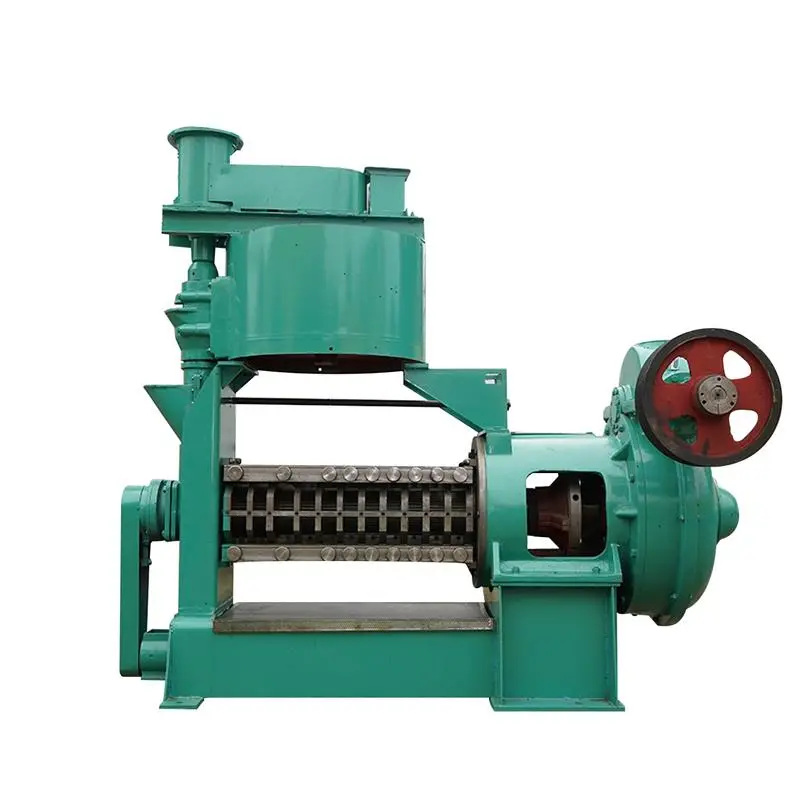Oct . 12, 2024 14:16 Back to list
centrifuge separator
The Role of Centrifuge Separators in Modern Industries
Centrifuge separators are essential tools used across various industries to separate components of different densities in a mixture. Their ability to enhance productivity, improve product quality, and reduce operational costs makes them indispensable in processes ranging from food production to wastewater treatment. This article explores the working principles, applications, and benefits of centrifuge separators.
At the core of a centrifuge separator is the principle of centrifugal force. When a mixture is placed in a rotating container, the denser components move outward due to the force generated by the rotation, while the lighter components remain closer to the center. This efficient separation process allows industries to obtain pure components from complex mixtures quickly.
One of the most notable applications of centrifuge separators is in the food industry. They are widely used to separate cream from milk, extract fruit juices, and clarify oils. For instance, dairy producers employ centrifuge separators to consistently achieve the desired fat content in milk products, ensuring both quality and compliance with health standards. In juice production, these separators help in removing pulp and other solids, resulting in a smooth, attractive product.
centrifuge separator

In the pharmaceutical industry, centrifuge separators play a crucial role in the purification of bioactive compounds. They help isolate vaccines, antibiotics, and other critical substances by separating cells, debris, and contaminants from the desired product. The precision and efficiency of centrifuge separators streamline the production process, ensuring that pharmaceutical companies can deliver safe and effective treatments to the market.
Another significant application of centrifuge separators is found in wastewater treatment facilities. These separators help in the removal of solids, oils, and greases from wastewater, resulting in a cleaner effluent that can be safely discharged or reused. By improving the efficiency of the separation process, these systems contribute to environmental sustainability and compliance with regulatory standards.
The benefits of employing centrifuge separators extend beyond efficiency and quality. They require minimal maintenance and can operate continuously, translating to reduced downtime and labor costs. Additionally, various designs are available to cater to specific needs, such as horizontal or vertical configurations, and they can handle varying flow rates and materials.
In conclusion, centrifuge separators are vital in numerous industries, providing effective solutions for the separation of mixtures. Their ability to enhance product quality, ensure process efficiency, and promote environmental sustainability underscores their significance in today’s industrial landscape. As technology continues to advance, the role of centrifuge separators is likely to expand, driving innovation and efficiency in various applications.
-
Oil Processing Equipment - High-Efficiency Flaking Machine
NewsJul.25,2025
-
High-Efficiency Peanut Oil Refined Machine for Quality Oil Production Leading Exporters & Companies
NewsJul.08,2025
-
High Efficiency Sunflower Seed Oil Press – Leading Cooking Oil Press Machine Factories & Suppliers
NewsJul.08,2025
-
High-Efficiency Soybean Oil Press Machine – Leading Exporters & Reliable Companies
NewsJul.07,2025
-
High-Efficiency Seed to Oil Extractor – Reliable Extraction Machinery for Your Business
NewsJul.07,2025
-
High-Quality Pressing Screw of Oil Expeller for Efficient Oil Extraction Leading Exporters & Manufacturers
NewsJul.06,2025
